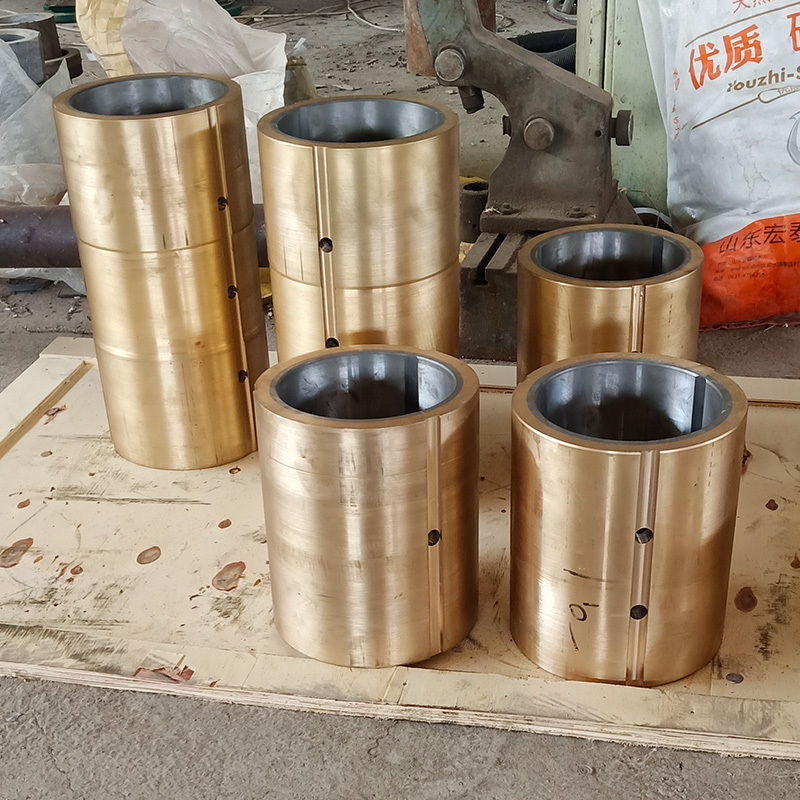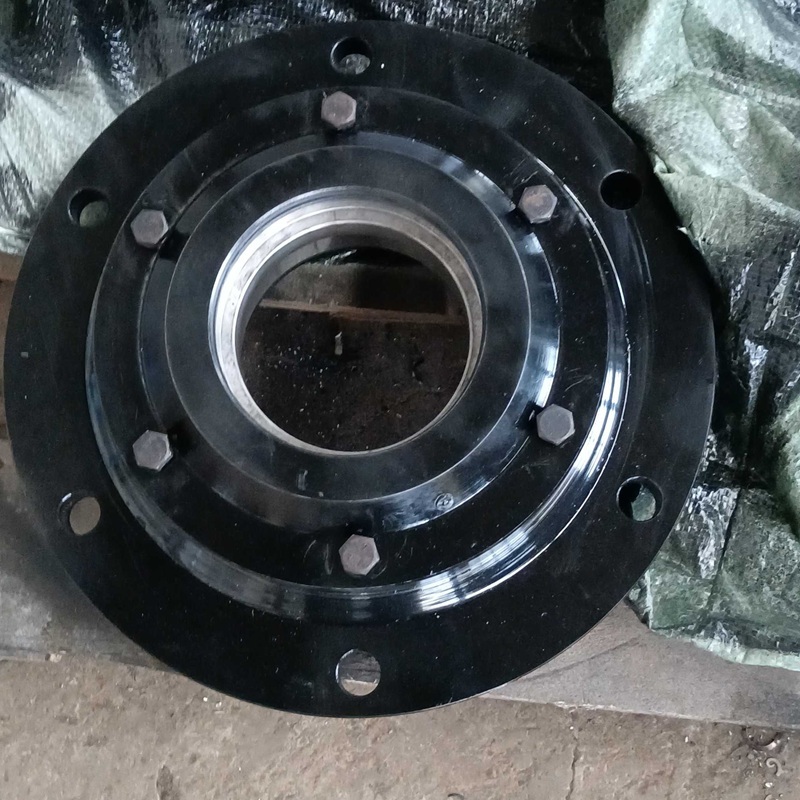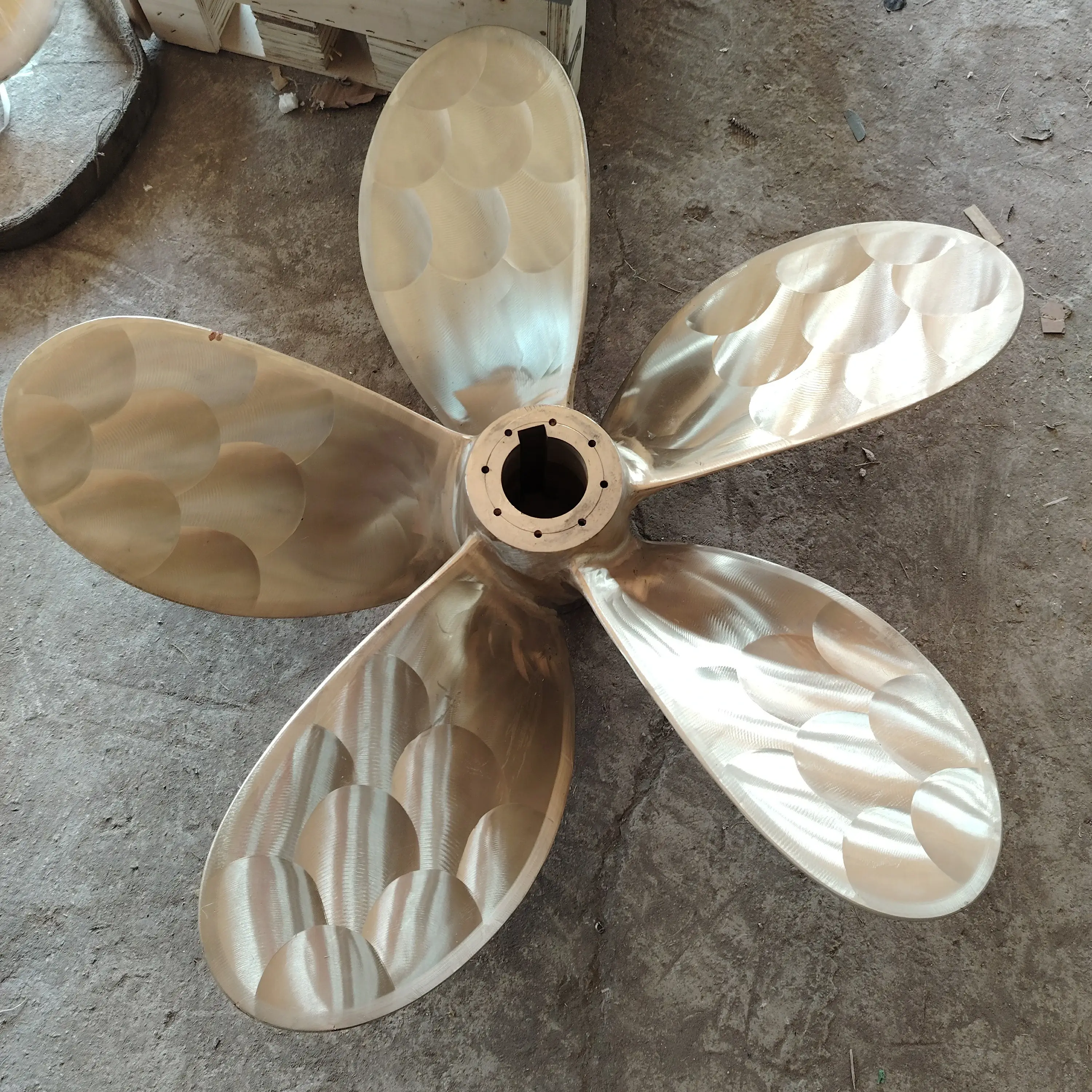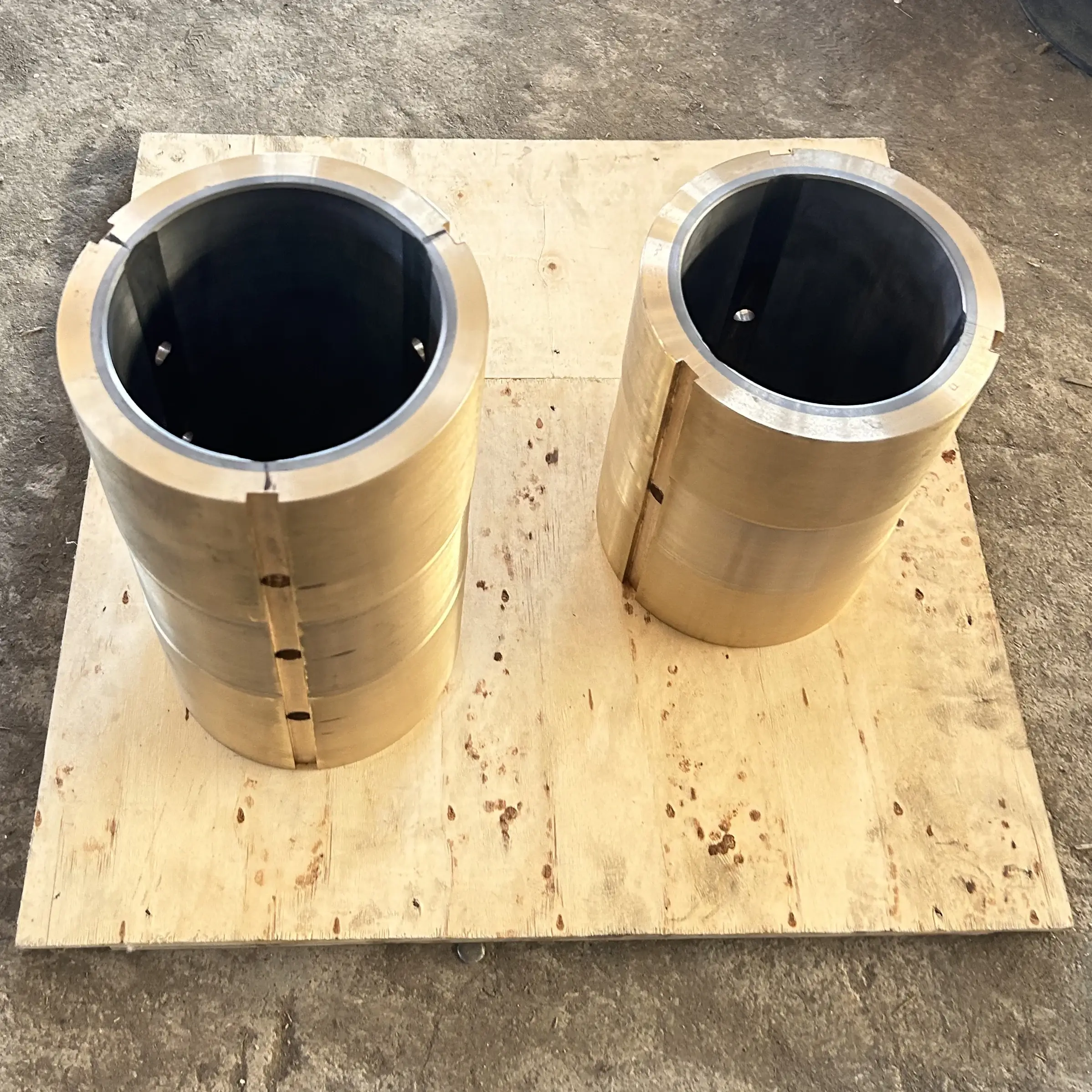Categories
Alloy Bearings
After several years' development,our products include screws, bolts, nuts and anchors. Over 95% of our products are exported to the overseas market, such as Europe. America and Southeast Asia.
- Commodity name: Alloy Bearings
- Product Description
-
Alloy Bearings
Alloy bearings are a crucial component in various mechanical systems, offering a combination of desirable properties that make them suitable for a wide range of applications.
1. Composition and Types of Alloys
Alloy bearings are typically made from a combination of different metals. One common type is the steel - based alloy bearings. Steel alloys often include elements such as chromium, molybdenum, and nickel. Chromium provides excellent corrosion resistance, which is vital for bearings operating in harsh environments. Molybdenum enhances the strength and hardness of the alloy, enabling it to withstand high - pressure and high - load applications. Another type is bronze - based alloy bearings. Bronze, which is an alloy of copper and tin (and sometimes other elements like zinc), has good anti - friction properties and is relatively soft, making it suitable for bearing linings.
2. Properties
These bearings possess several important properties. High strength is a key characteristic, allowing them to support heavy loads without deformation. They also have good fatigue resistance, which means they can endure repeated loading and unloading cycles without premature failure. Good thermal conductivity is another advantage. In high - speed or high - load applications, a significant amount of heat is generated. The ability of alloy bearings to transfer this heat efficiently helps in maintaining their performance and preventing overheating, which could otherwise lead to seizure or rapid wear.
3. Applications
Alloy bearings find extensive use in many industries. In the automotive industry, they are used in engines, transmissions, and wheel hubs. In industrial machinery such as turbines, pumps, and compressors, alloy bearings play a crucial role in ensuring smooth operation under demanding conditions. They are also used in the aerospace industry, where reliability and performance are of utmost importance. In these applications, the bearings must operate under extreme conditions, including high speeds, high temperatures, and significant loads.
4. Manufacturing and Quality Control
The manufacturing process of alloy bearings is highly precise. It involves steps such as alloy melting, casting or forging, machining, and heat treatment. Quality control is essential throughout the process. This includes testing the alloy composition, hardness, dimensional accuracy, and surface finish. Advanced techniques such as non - destructive testing methods are often employed to ensure that the bearings meet the required standards and can perform reliably in their intended applications.
Key words:
ANCHOR | BOLT | SCREW | NUT | BAND | BRACKET | ROD | OTHER FASTENER | NON-STANDARD
Get A Quote
Note: Please leave your email address, our professionals will contact you as soon as possible!
Related Products





